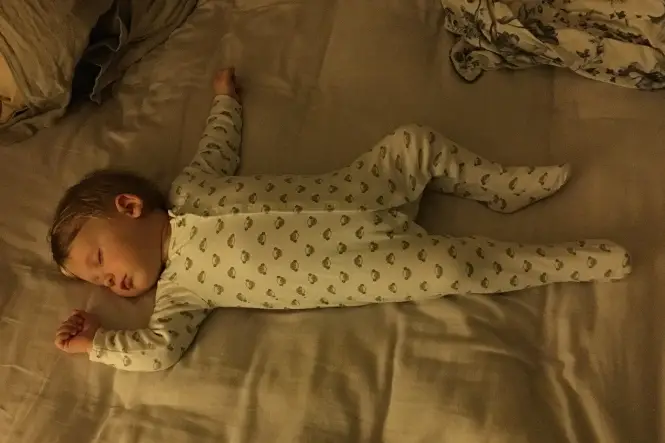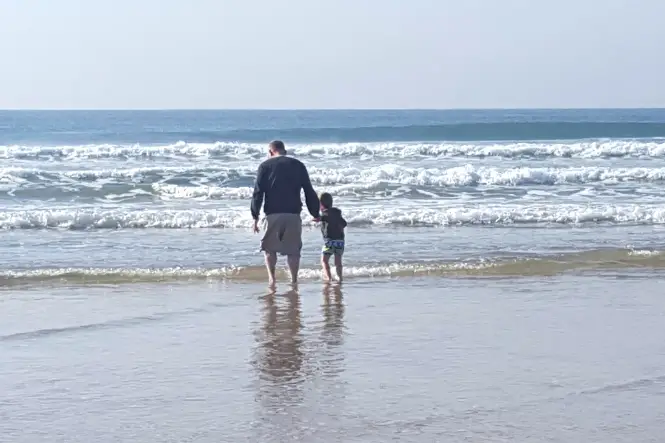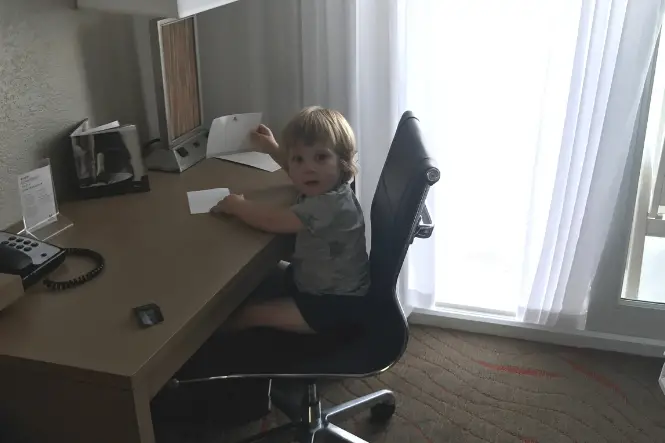Many parents will have briefed their children on how and when to dial 999 by the age of 4 or 5, but there are further steps we can take to keep the family safe and calm in a crisis. From essentials like what to do in the case of fire, with an agreed escape route, through to answering the door and dealing with strangers – creating a safety plan and some basic rules will reassure both you and your children.
What to do and Put in Your Emergency Plan:
Fires Agree escape routes and meeting points with the family and make sure children know exactly what to do in the event of fire – our article Escaping Safely From Fire gives all the details you and the children need to know. Ensure children know where other escape routes such as fully opening windows are and that they are accessible. Building Regulations for new two storey dwellings state that all habitable rooms on the first floor and all inner rooms (those entered via another room) must be provided with an escape window.
Check out fire safety equipment such as smoke alarms, safety ladders and fire extinguishers, and make certain that children know where they are and how they work.
Injuries and Illness Educate children about keeping calm and keep a list of numbers by the phone so they can call a trusted neighbour or relative. Make sure they know how and when to call 999.
Older children can be taught basic first aid techniques by a qualified first aid provider (courses can be found locally), but emphasise the importance of calling an ambulance first. Our First Aid Articles offer some further advice about dealing with injuries. If you use an inhaler or other medicine make sure someone knows where to find it in a hurry
Intruders Tell children how you would expect them to react if you have intruders. You will have to agree as a family what to do:
- If you think you have an intruder, only you can decide how to deal with the situation. Think about what you might do now – you might not be thinking clearly in a real incident.
- You may respond differently if you are alone in the house, or if there are other people there.
- You could make a noise and hope it puts them off, or keep quiet and hope they don’t come into your room. You could keep a phone in your bedroom so you can raise the alarm. This may also make you feel safer.
- It is generally best not to challenge an intruder.
Bogus Callers Create some general rules to ensure that children are not placed at risk if a stranger comes to the door. Here are some useful tips to give children:
- Always put the chain on before answering the door.
- Never leave the door open while you go to fetch someone else.
- If older children are home alone, advise them either not to answer the door or never to let anyone in while you are out. If they are uncertain make sure they call you, a neighbour or relative who can get to them quickly.
- Give children some stock phrases to use – they often find it difficult to put on a ‘front’ and it will help to give them confidence.
Out and About It’s easy to worry about children but it is unrealistic to expect to watch over them all the time. Giving children some basic rules to follow for their personal safety will reassure you and give them confidence. See our article on Children And Personal Safety , which gives much more detail.
Safe Household Tips While it’s great to know what to do in an emergency, it’s much less stressful to know that you have prevented one happening. Get children into a safe frame of mind and teach them some practical tips from an early age such as:
- Where to turn off the water.
- Making sure all doors are shut and switches off before going out or to bed.
- Knowing where batteries and torches are kept.
- Never leaving a bath full of water when they’ve finished.
- Knowing where to find basic first aid kit.
- Checking smoke alarms and locks on a regular basis.
- Knowing where all door and window keys are kept (and ensure they are not removed).
- Applying electrical safety – see our article on Preventing Electrical Accidents for more information.




